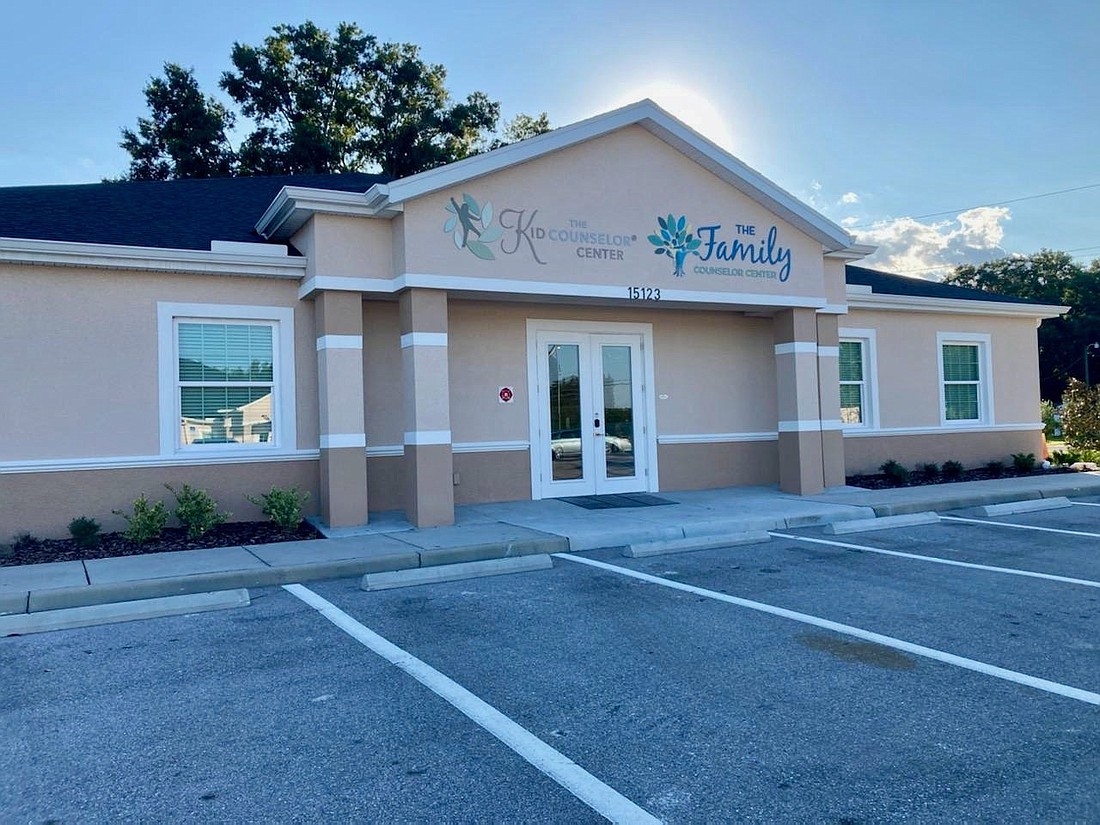- December 15, 2025
-
-
Loading

Loading

Child play therapy has been gaining prominence as a clinical technique to help young kids work their way through emotional and mental health issues. The practice emphasizes the use of playtime and toys as vehicles for expression.
“Developmentally, it’s not appropriate to expect a detailed conversation with a child,” says Dr. Brenna Hicks, an early advocate of child play therapy who now owns and operates Kid Counselor Center in Odessa. “Play is their language; toys are their words. Play therapy accounts for kids not being rational, cognitive or verbal.”